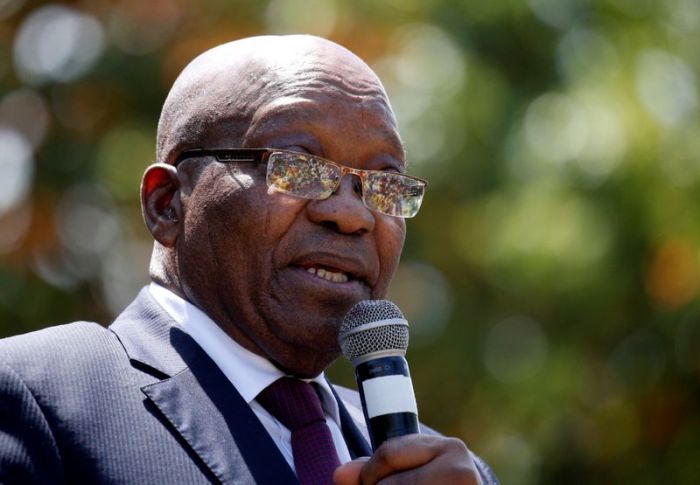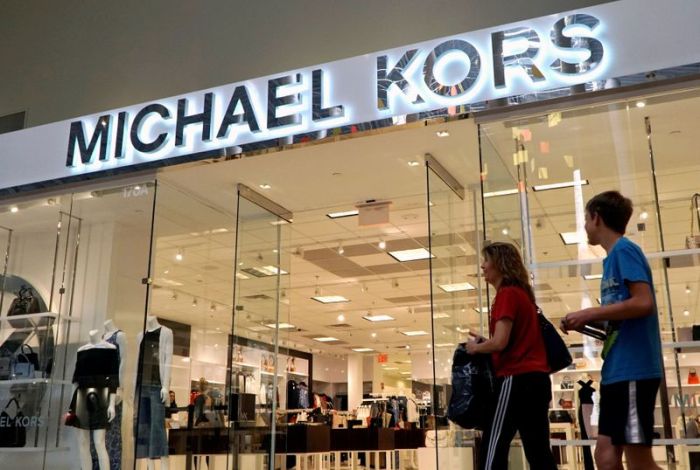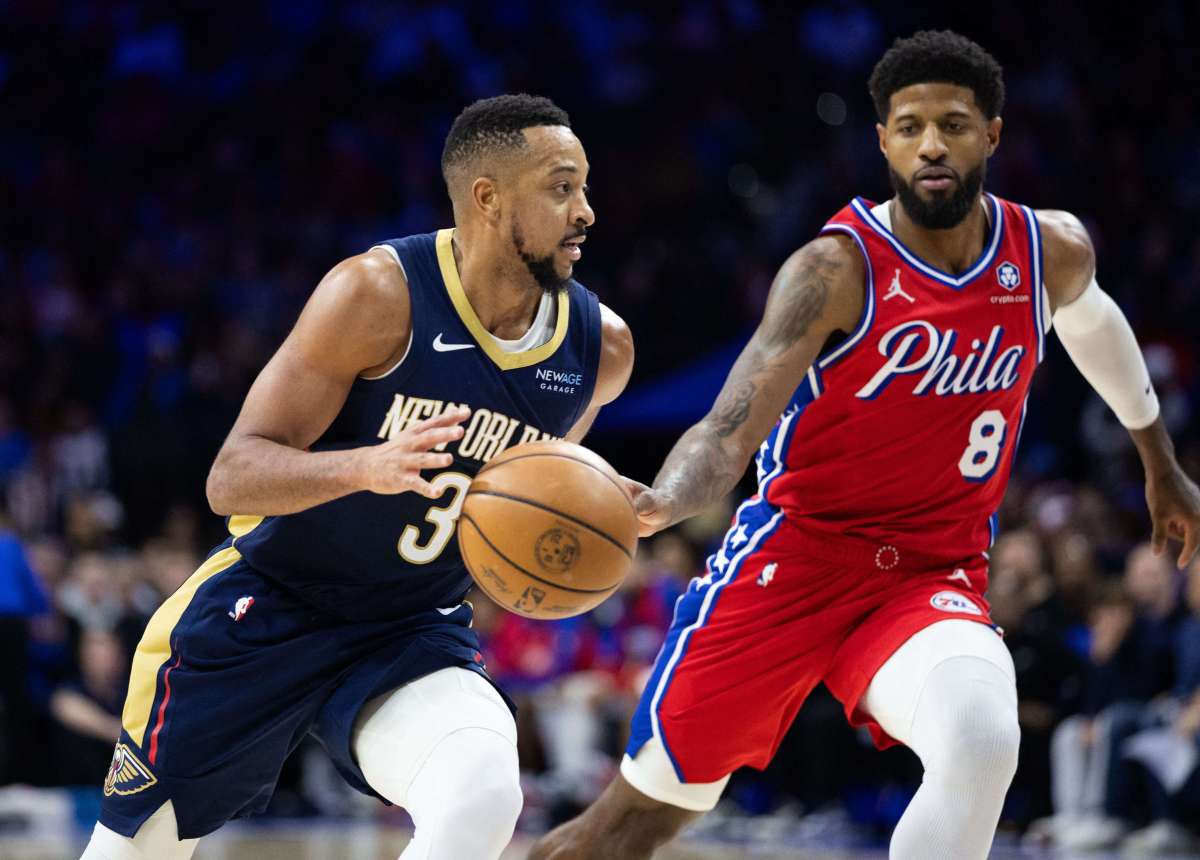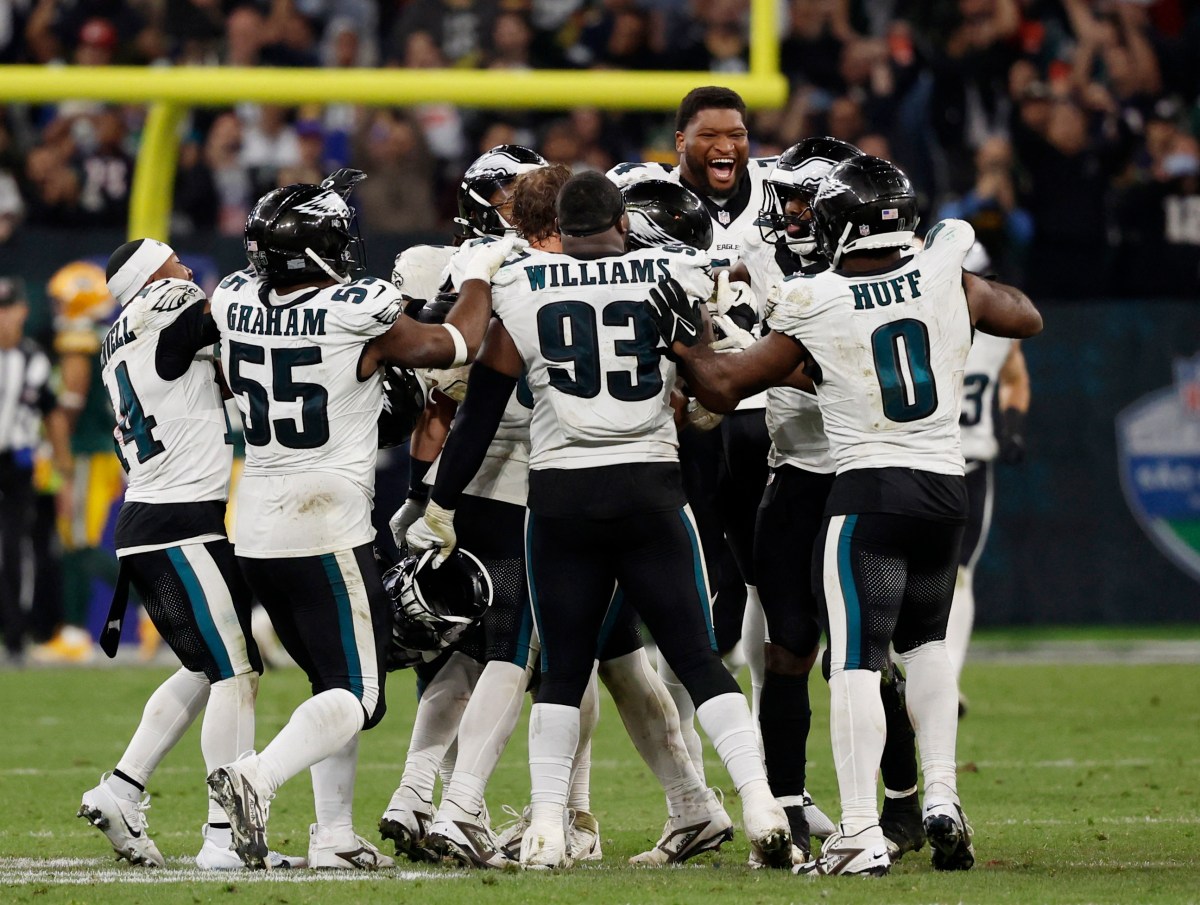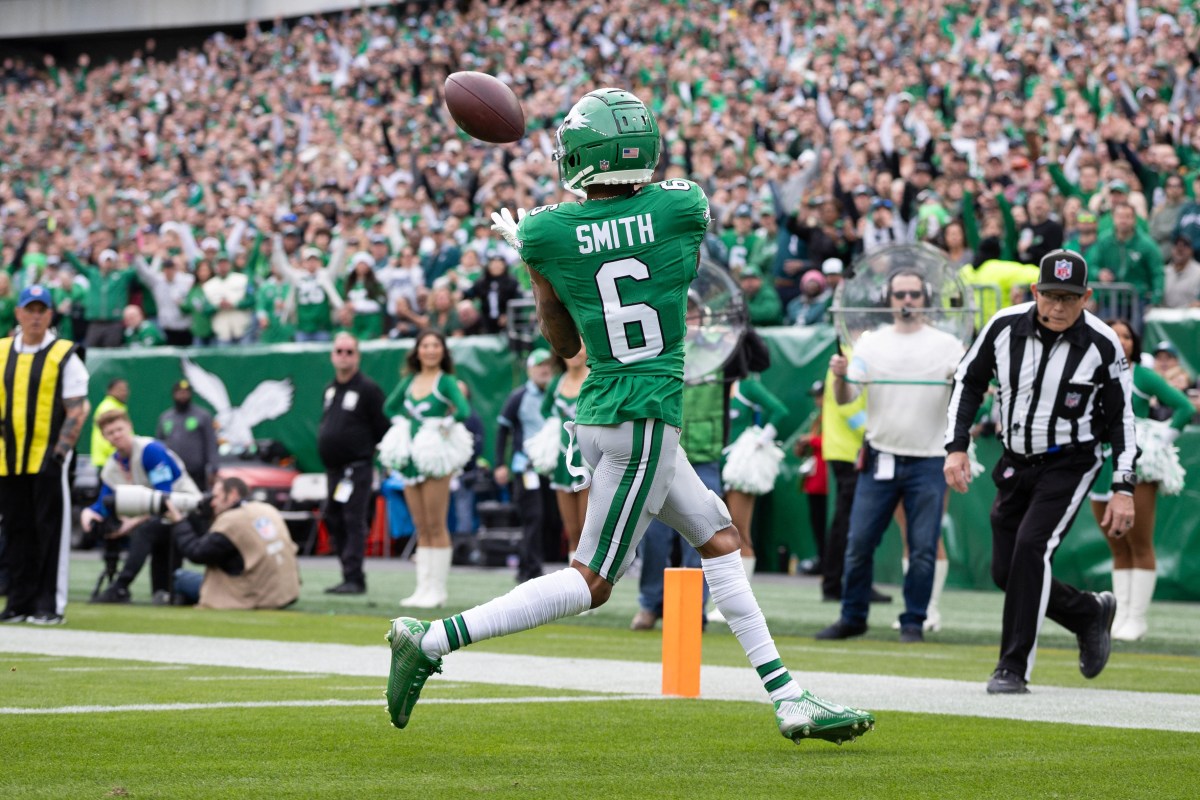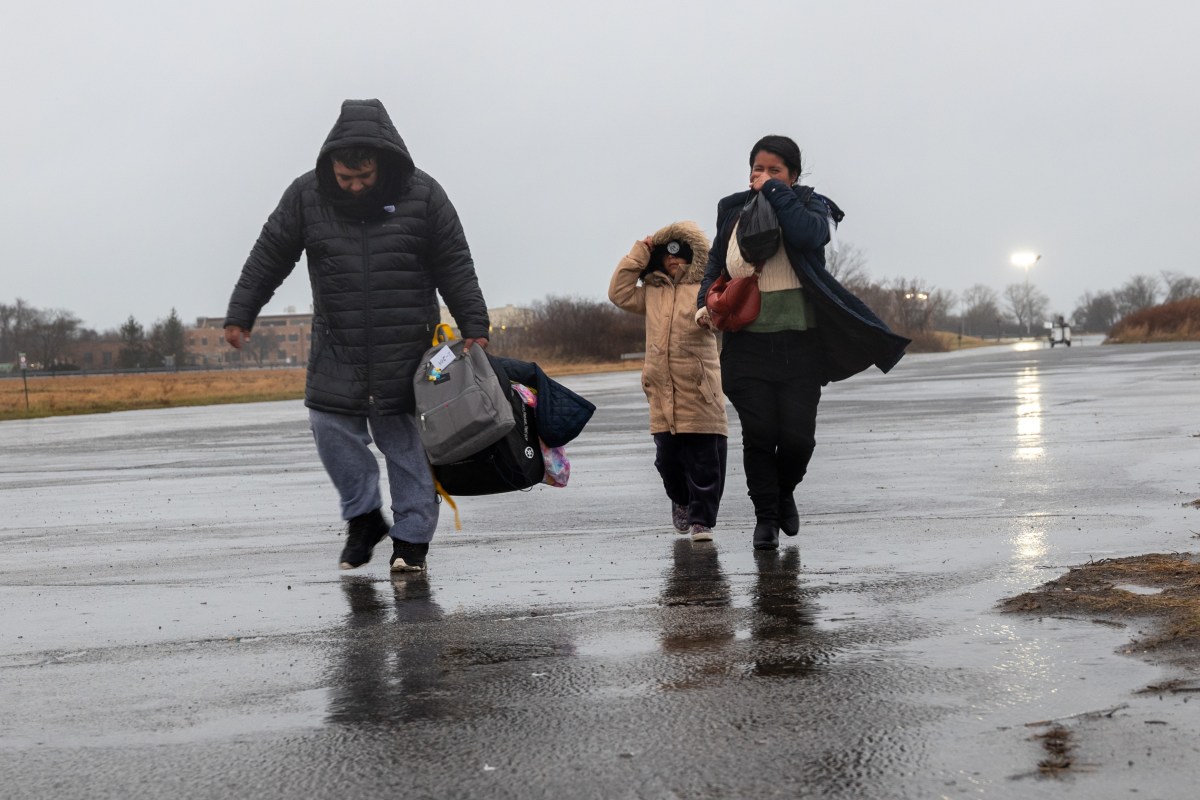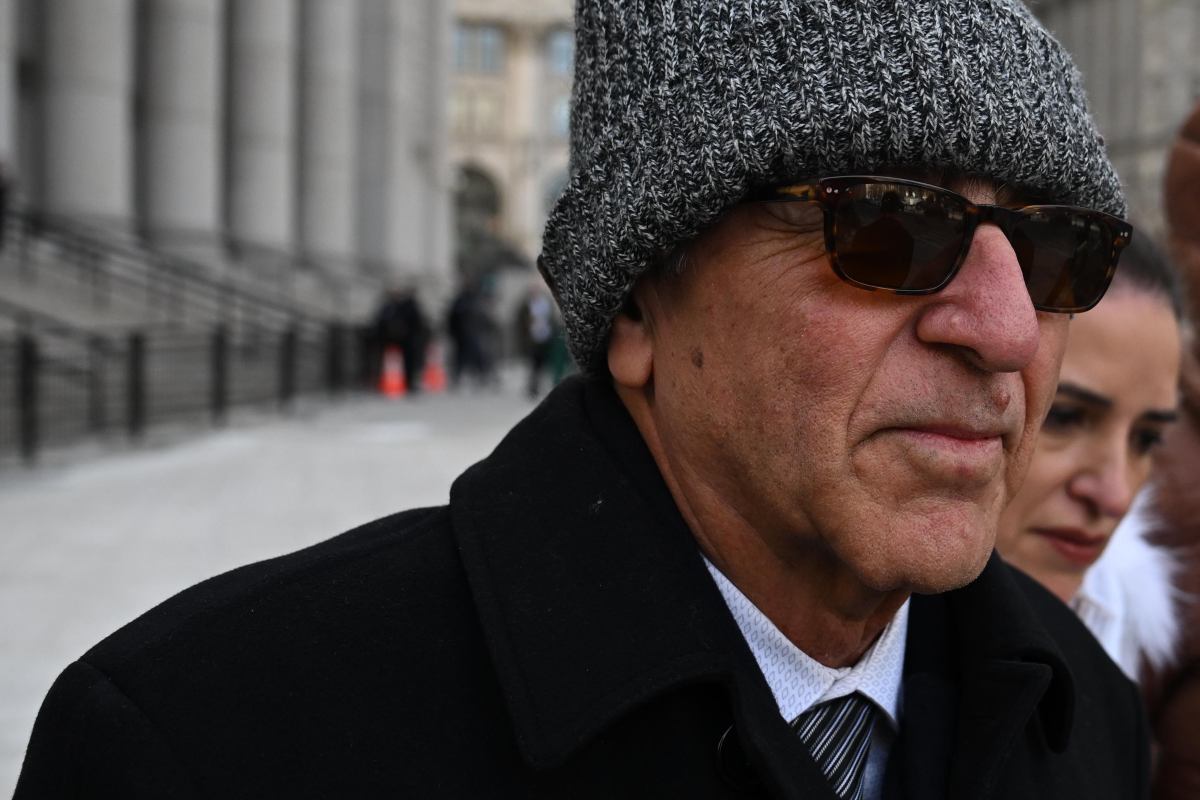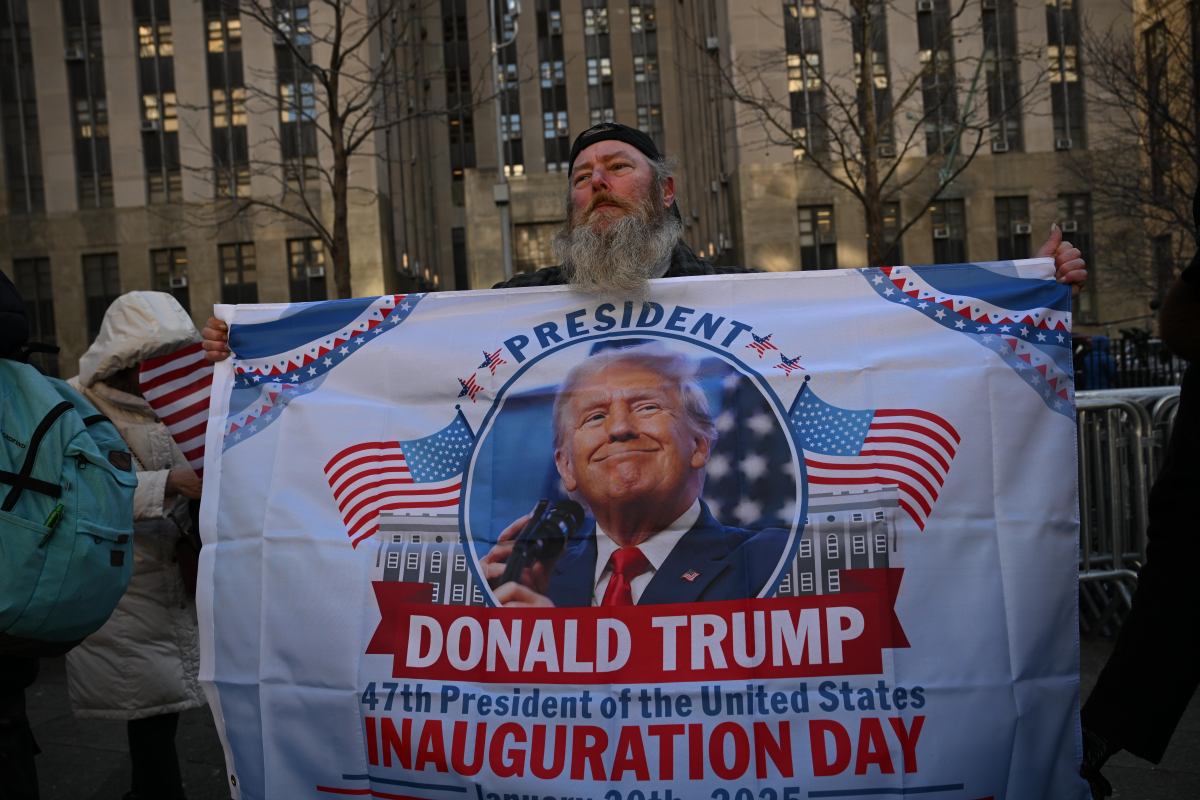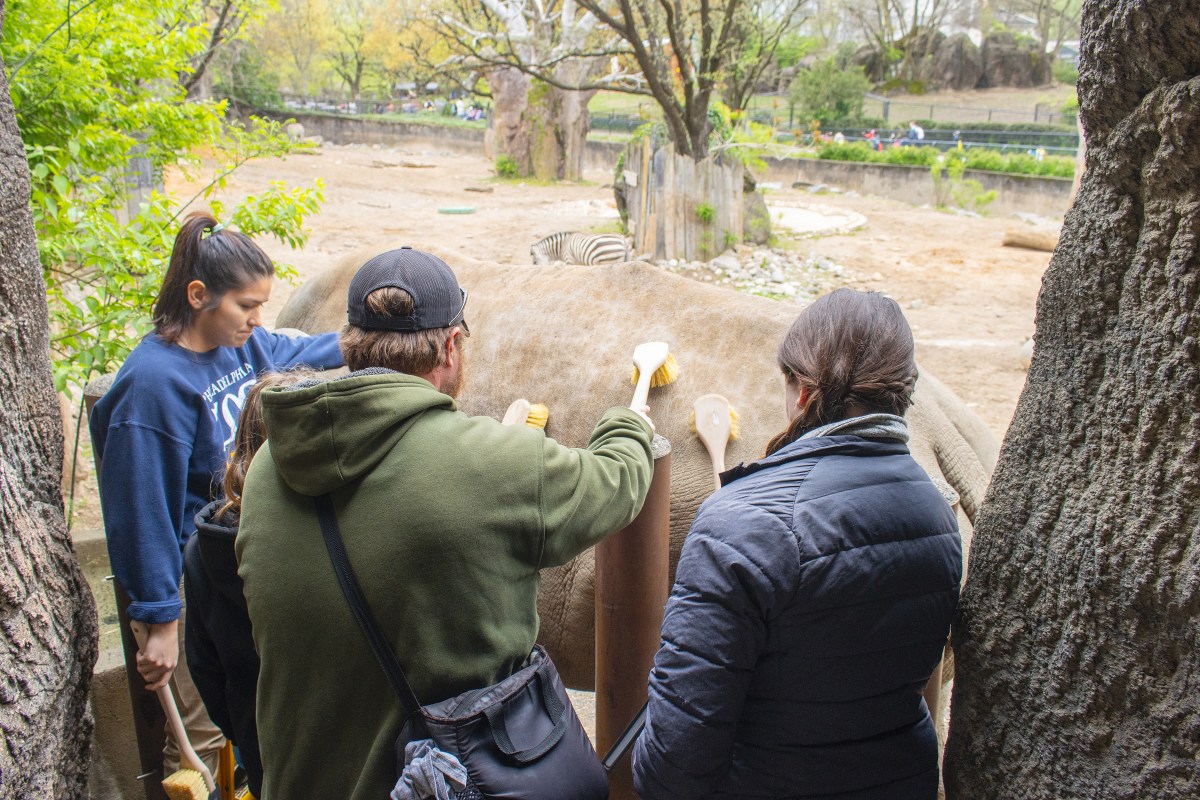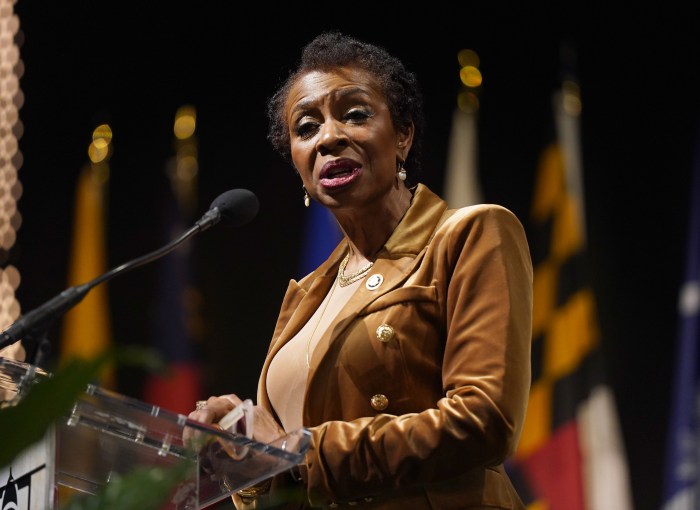(Reuters) – The condominium tower that collapsed near Miami in the early hours of June 24, killing at least 11 people and leaving dozens more missing in the ruins, had faced years of scrutiny over its deteriorating condition.
Court documents, along with emails and other records released by officials in Surfside, Florida, show repeated concerns about structural problems in the 12-story Champlain Towers South building, built in 1981, but none suggested it was in danger of falling.
The following is a timeline of some of the issues raised:
SEPTEMBER 2015
Resident Matilde Fainstein filed a lawsuit against Champlain Towers South Condominium Association, which owns the building, for water damages exceeding $15,000. The lawsuit said the association “failed to maintain the common elements and the outside walls of the building.” It was settled in 2017, according to a court filing.
OCTOBER 2018
An engineering firm hired by the condo association to review the tower ahead of a mandatory recertification process for buildings that reach 40 years in age issued a report warning of “major structural damage” to concrete underneath the pool and entrance drive that it traced to insufficient drainage.
“Failure to replace the waterproofing in the near future will cause the extent of the concrete deterioration to expand exponentially,” Morabito Consultants said in a report made public on the town’s website.
It also found “abundant cracking” in the building’s underground parking garage and said “most of the concrete deterioration needs to be repaired in a timely fashion.”
The firm put the price of needed repairs at more than $9 million, according to an estimate released by the town.
NOVEMBER 2018
The town’s top building official, Ross Prieto, met with the association’s board two days after receiving a copy of the engineering report, according to an email and minutes of the meeting released by the town.
Minutes of the meeting show Prieto told the group that “it appears the building is in very good shape.” Waterproofing was among the issues they discussed.
The next morning, Prieto emailed the town manager, Guillermo Olmedillo, to say the meeting “went very well” and that “all main concerns over their forty year recertification process were addressed.” The town disclosed a copy of the email.
Reuters could not reach Prieto, who left his post last year. In an interview with the Miami Herald after the collapse, he said he did not remember getting the report.
Olmedillo said he did not recall the email, or hearing any other concerns about the tower’s stability.
“The last thing I knew was everything is okay,” Olmedillo said. He said that if there were serious issues, town officials would have raised them during weekly meetings.
JANUARY 2019
A member of the association’s board, Mara Chouela, wrote to Prieto to complain that builders erecting a new tower next door were “too close” to the property line, leaving her with “concerns regarding the structure of our building.”
In an email released by the town, she asked if officials could come by and check.
Prieto responded less than an hour later, saying “there is nothing for me to check.” He suggested that the association “have someone monitor the fence, pool and adjacent areas for damage or hire a consultant to monitor these areas.”
APRIL 2021
The president of the Champlain Towers South Condominium Association, Jean Wodnicki, wrote to residents warning that “observable damage such as in the garage has gotten significantly worse” since Morabito’s initial report in 2018, according to a letter posted online by media organizations.
Wodnicki wrote that steel rebar used to strengthen the building’s concrete “is rusting and deteriorating beneath the surface” and that “concrete deterioration is accelerating.”
Fixing the problems, she said, would now cost an estimated $16 million. Wodnicki did not respond to requests for comment on Tuesday.
Morabito Consultants said in a statement two days after the disaster that roof repairs had been underway at the time of the collapse but that concrete restoration had not begun.
(Reporting by Brad Heath and Alexandra Ulmer; Editing by Colleen Jenkins and Grant McCool)



